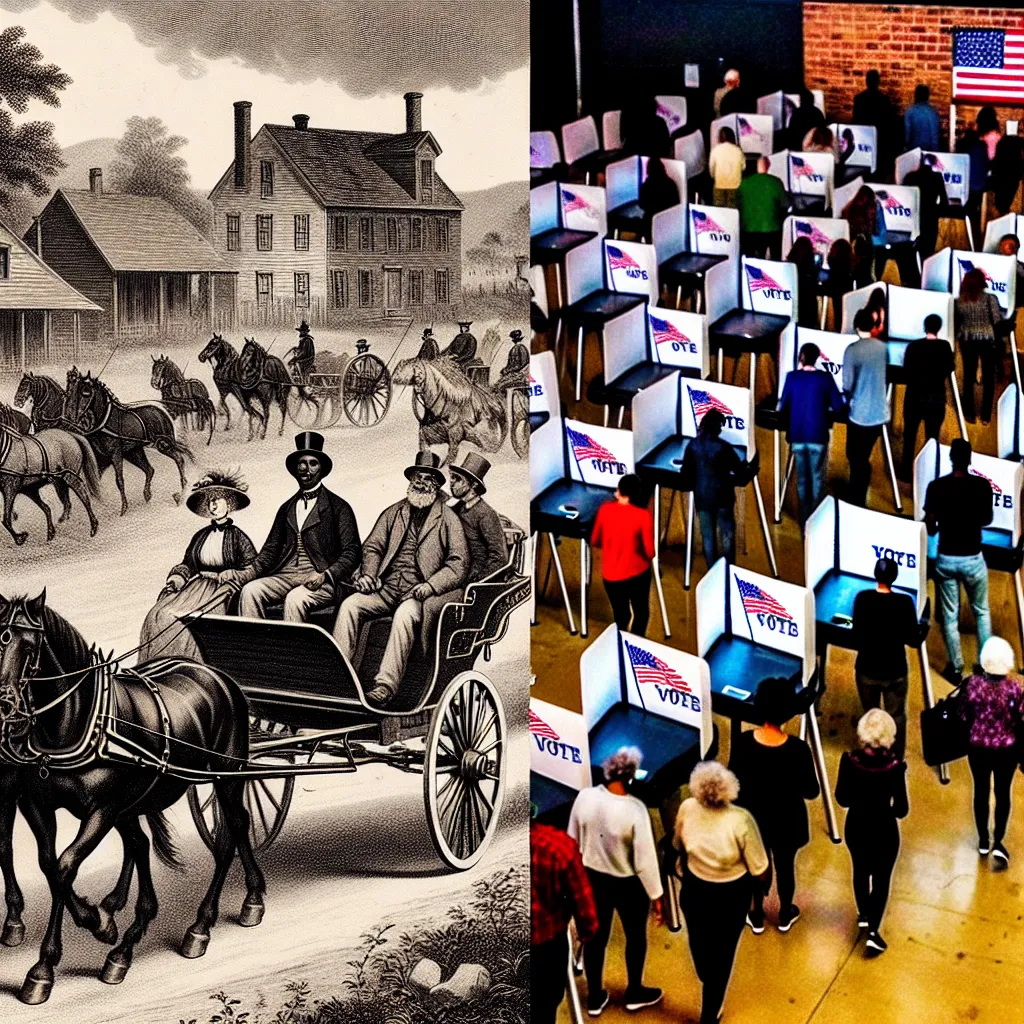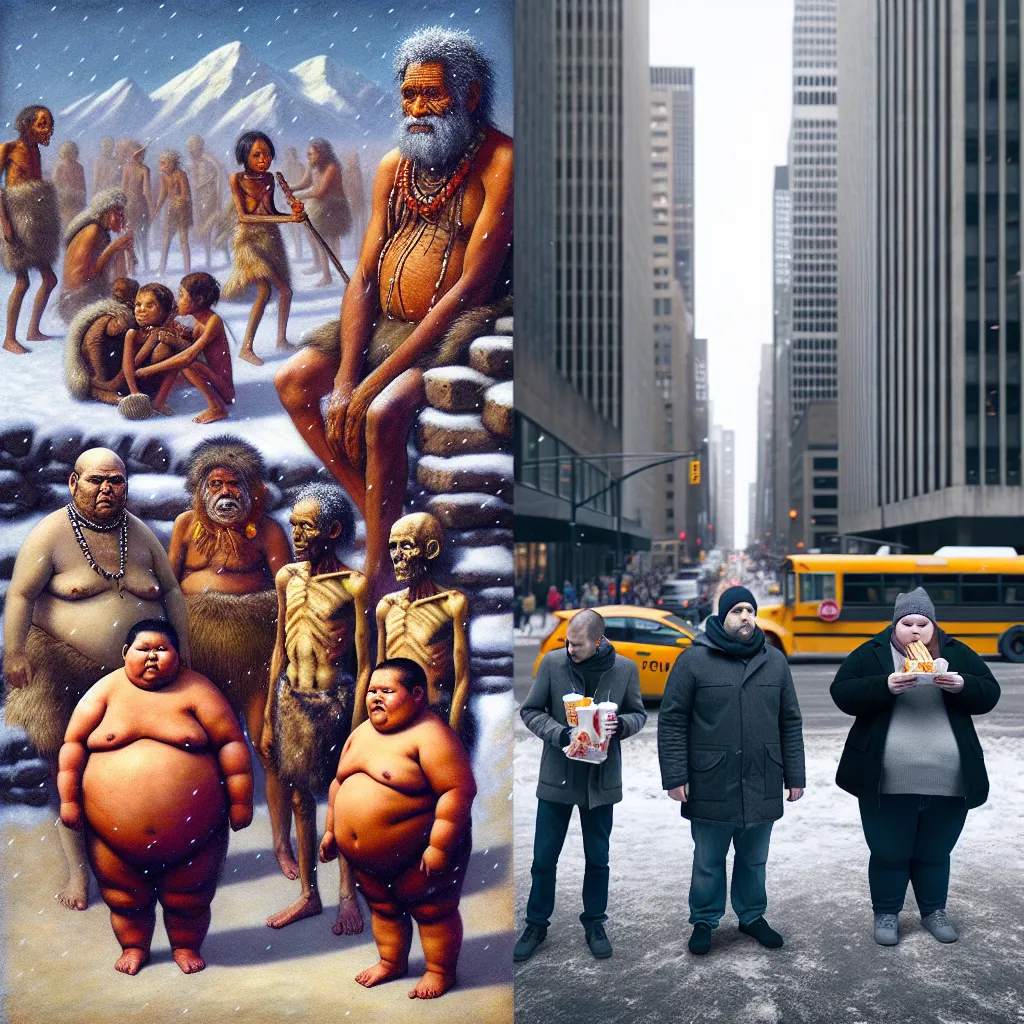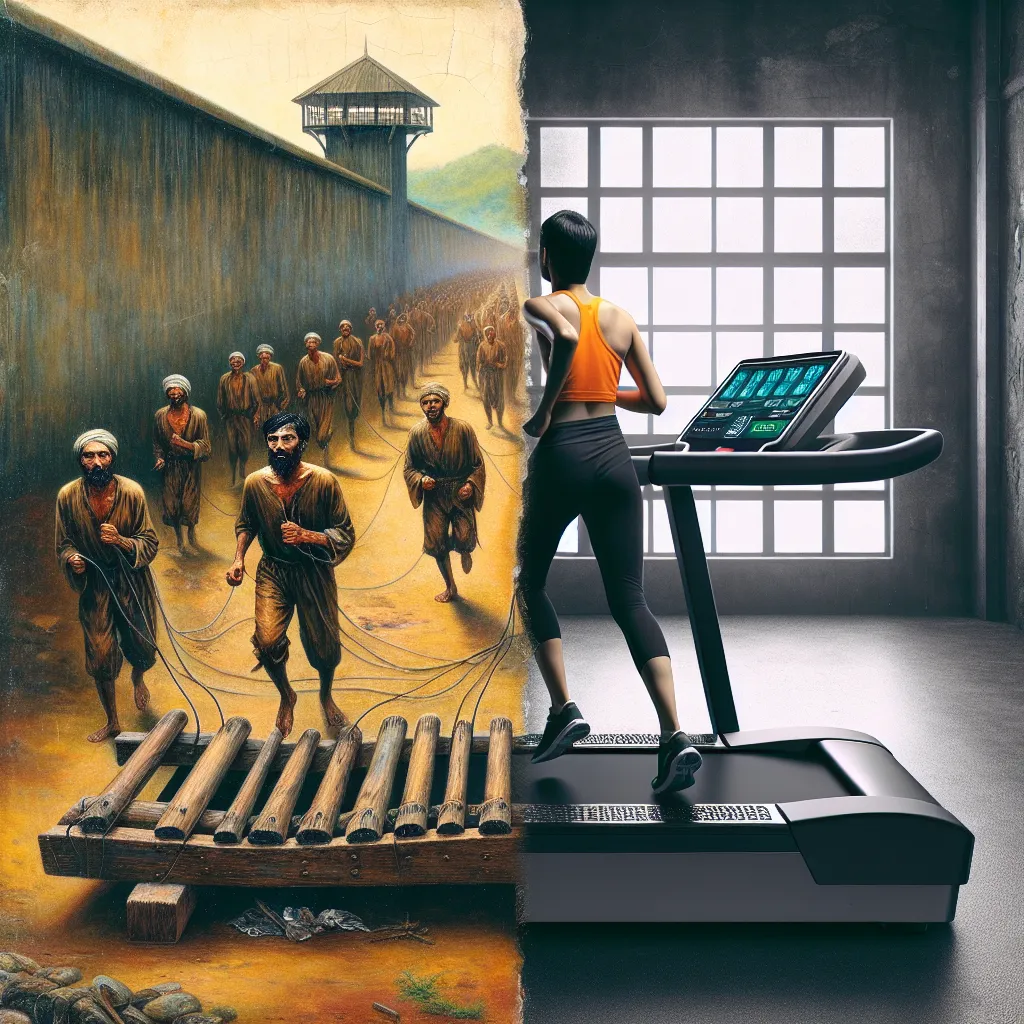I want to share a forgotten slice of American history, one that’s been overlooked for 167 years until now. We’re going to explore this historical oddity by asking a simple question: Why? As you all know, we’re in the thick of another fiercely contested presidential election. But here’s something you might not know: American voter turnout is shockingly low, ranking 138th out of 172 countries. Considering this is the world’s most famous democracy, that’s pretty surprising.
So, why do we vote on Tuesday? It’s a question that most people, including prominent political figures, can’t answer. Today, Michigan and Arizona are voting. But why Tuesday? The reason is far from sensible in our modern world. It all goes back to a law from 1845. Back then, Americans traveled by horse and buggy. It took a day to get to the county seat to vote, a day to get back, and since traveling on the Sabbath was out of the question, Tuesday became the designated day.
This historical quirk is fascinating. I teamed up with the group “Why Tuesday?” to ask some of our nation’s top elected officials if they knew the reason behind this tradition. Their responses were surprising. Rick Santorum, Ron Paul, Newt Gingrich, Dianne Feinstein, and John Kerry—none of them knew why we vote on Tuesday. Even Chris Rock weighed in, suggesting that if people truly wanted us to vote, they wouldn’t have chosen a Tuesday in November.
But here’s the exciting part. Our simple question, “Why Tuesday?” has led to a promising development. There’s now a bill in Congress, the Weekend Voting Act, that aims to move Election Day from Tuesday to the weekend. This change could make it much easier and more convenient for people to vote.
After 167 years, we’re finally close to making a significant change in American history. Thanks to everyone who’s been part of this journey.






